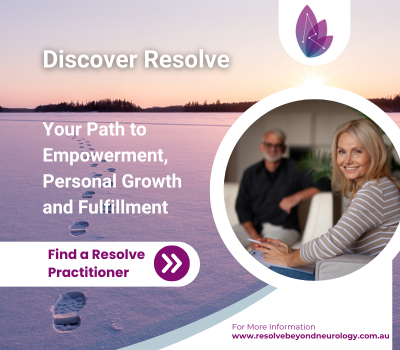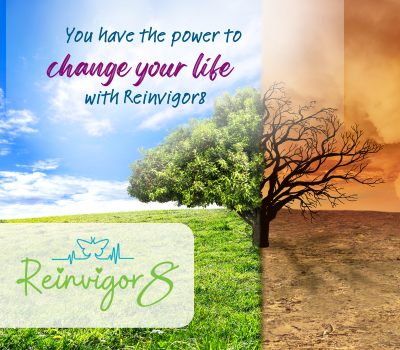How often have you heard that the reason for your behaviours, your problems, your issues are emotions? People say, “I have emotional issues” as an explanation for why things have gone wrong in their lives, why they can’t maintain relationships, why they can’t stay in their job, why they can’t seem to get out of their own way, why they self-sabotage. While it may be true that they do indeed have emotional issues, this is not the reason they can’t move forward in their life.
Emotions are responses, they are involuntary and when they negatively impact us, they are symptoms, not a cause. They are not something to be balanced away, ignored, or strategized as way of sorting ourselves out. In fact, attempting to do this is more likely to suppress the emotion, i.e. stop expressing it at all, than to resolve the underlying reason for the response.
What happens to unexpressed emotions? They have to go somewhere, be expressed somewhere. So, we internalise them and if left unchecked they will wreak havoc on our internal environment, our sense of wellbeing. Perhaps worst of all, they gradually erode our sense of self because we now believe our emotions are out of control and are the reason for our not “enough-ness”. We end up like a sink hole, eroded from underneath, moving inexorably toward collapse.
These unexpressed emotions will start to show up as physical symptoms such as digestive disorders and reproductive issues, as negative emotional symptoms such as anger issues, excessive crying and fragility, as mental symptoms such as anxiety or depression. Regardless of how they manifest, they have one thing in common, a single source – your unresolved stuff! Those traumas (big or small) and experiences that impacted who you are and forced the question: can I be me now that has happened? If the answer is no, or I don’t know, we now need to surviveinstead of thrive until we figure out the answer. Cue our survival system – fight-flight-freeze-faint. Now everything we do, say, think, etc, will be driven by defence including our emotional responses. Our emotional expression is now responding to our survival blueprint and it will not change until we resolve what put us there in the first place.
By building awareness and understanding of emotions as symptoms not the cause and also understanding that these emotions are in response to something unresolved, we begin to focus our healing in the direction that leads to change. We can move beyond the involuntary response, and work with the unresolved trauma and experience that anchors us in those emotions that create a negative impact on our lives. That’s what we need to work with, not the emotional expression, but the reason behind it.





